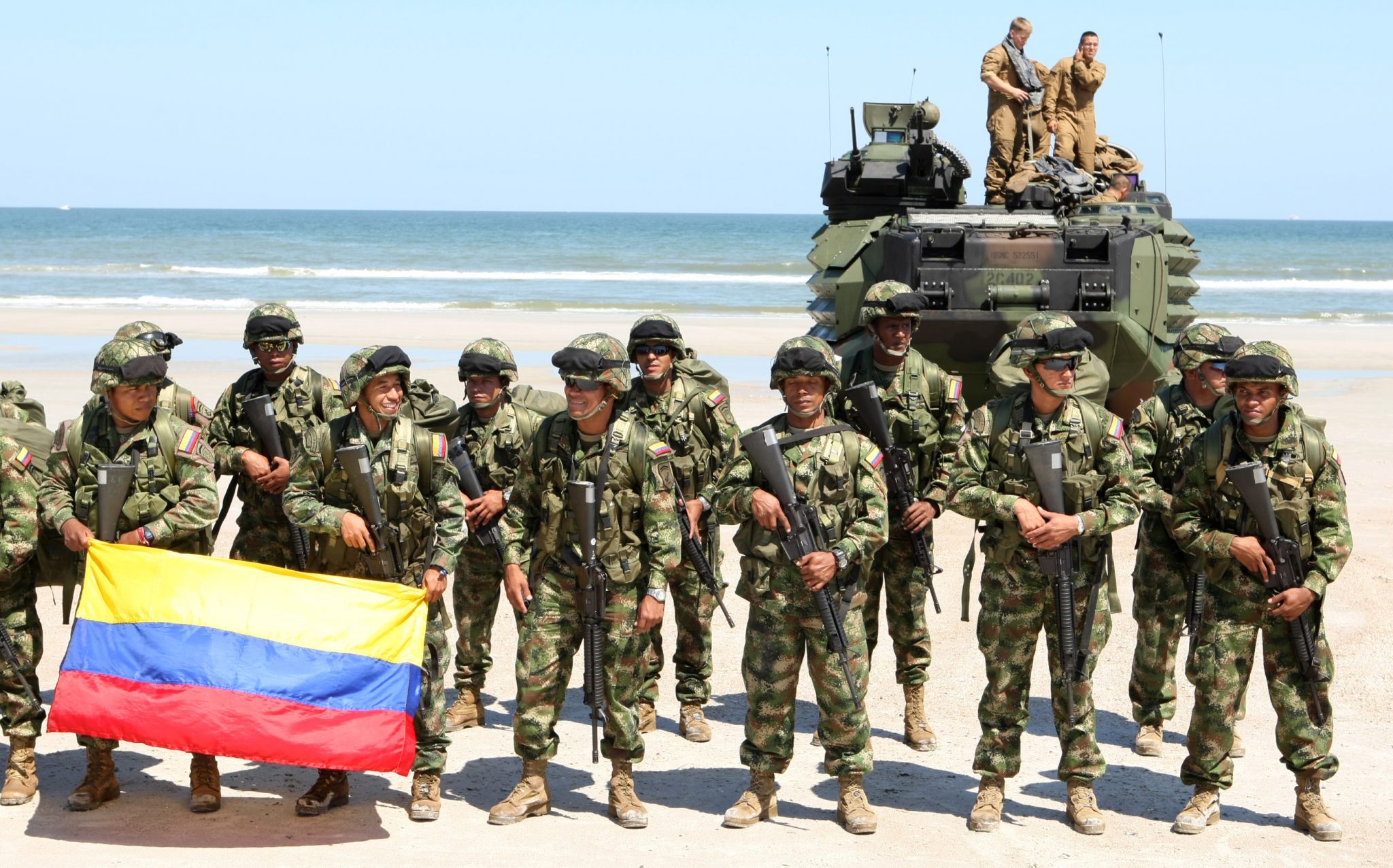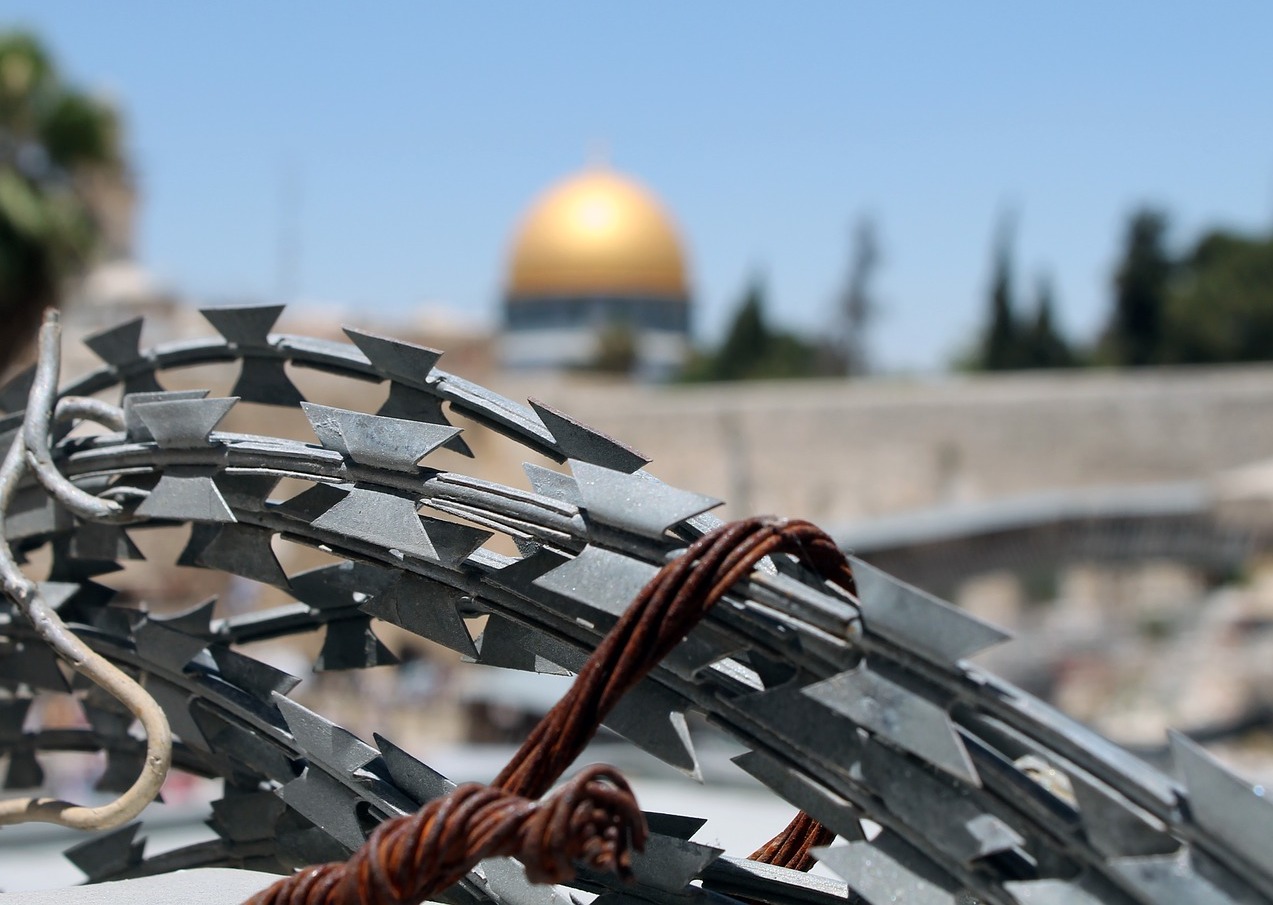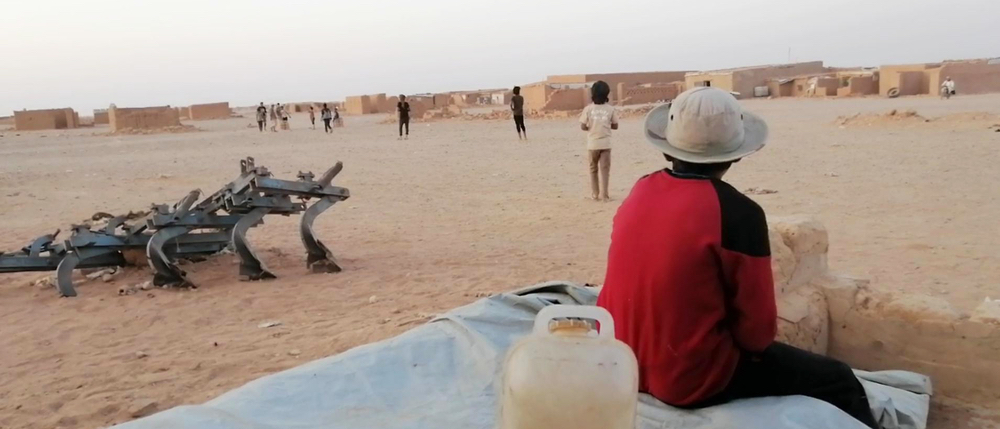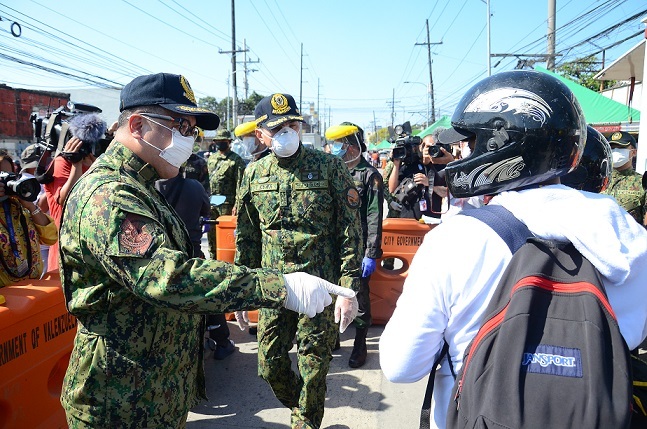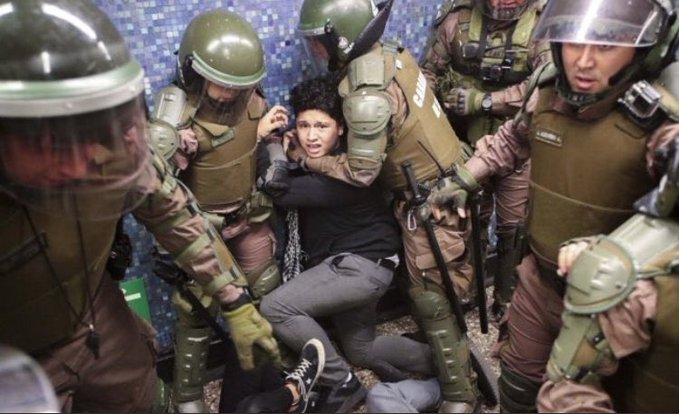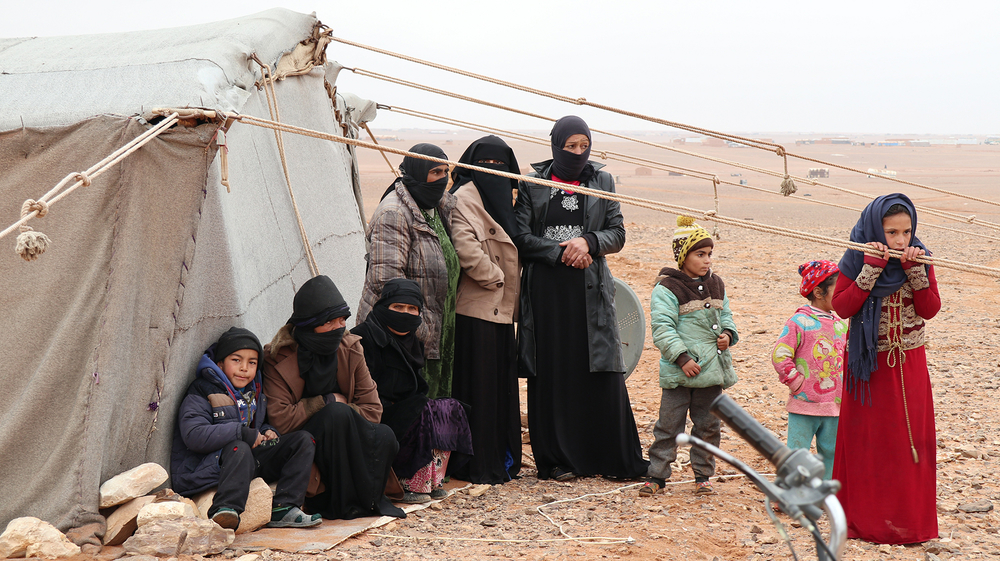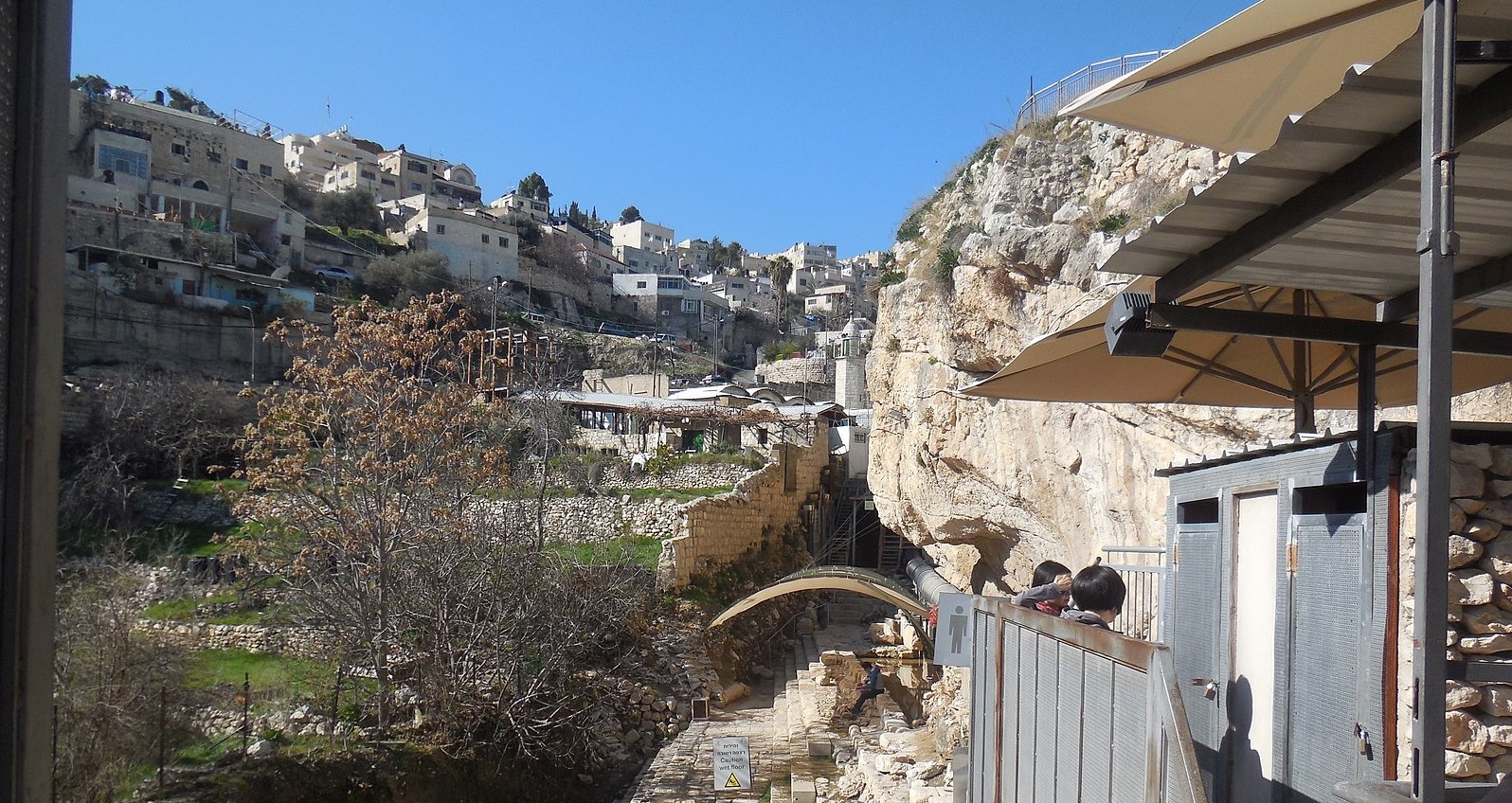
Political archaeology amid Jerusalem tensions
Israel’s new National Security Minister Itamar Ben-Gvir made a visit to al-Aqsa Mosque compound in Jerusalem, flanked by by a heavy security detail—eliciting outrage from the Palestinian leadership. The Palestinian Authority called the move “an unprecedented provocation,” with Prime Minister Mohammad Shtayyeh accusing Ben-Gvir of staging the visit as part of an agenda to turn the site “into a Jewish temple.” The fracas comes as Israeli authorities have launched another supposed archaeological project in East Jerusalem which critics say masks an ongoing program of “Judaization” of the Old City. This concerns the Pool of Siloam, a small reservoir believed to have served Jerusalem in biblical times. In making the announcement, officials visited the site, accompanied by a large detachment of police—sparking a spontaneous protest from local Palestinian residents. Three members of a Palestinian family that claims rights to the land in question were detained. (Photo: Купальня Силоам, Иерусалим via Wikimedia Commons)



